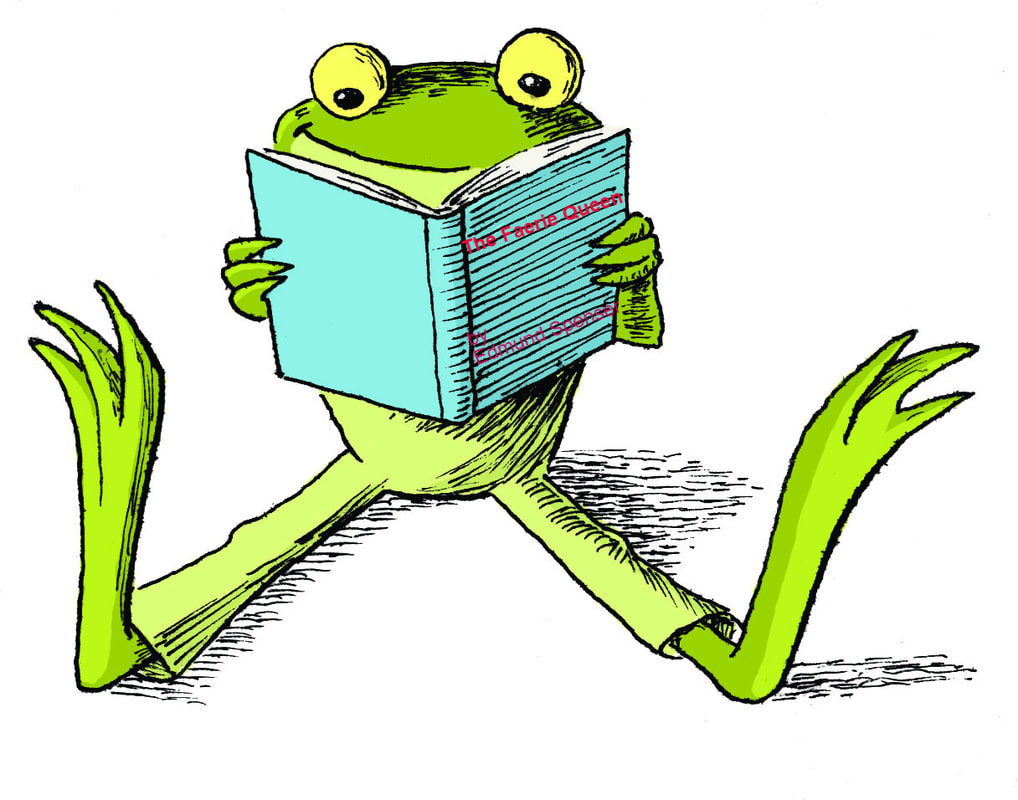What marked the Middle Ages in Europe, more than anything, was the rise and dominance of the Catholic Church and political instability. The Church viewed Greek and traditional Roman philosophy as a threat and, therefore, discouraged their study and teaching. The Renaissance was a period beginning in the later 14th century and lasting until the 17th century. The Renaissance was really a rediscovery of the "human-centric philosophies and art of the ancient world, coupled with cultural forces driving Europe towards social and intellectual revolutions that celebrated the human body and reveled in near-nostalgia for Roman and Greek works that seemed modern again. It’s important to note that as in many historical periods, the people living during the Renaissance had little idea they were alive during such a famous period of time. Outside of the arts, the Renaissance saw the decline of the political power of the Papacy and the increased contact between European powers and other cultures through trade and exploration. The world became fundamentally more stable, which in turn allowed people to worry about things beyond basic survival — things like art and literature."
Here are a few of the writers who emerged during the Renaissance and remain some of our most influencial authors even today.
1. William Shakespeare - His influence cannot be overstated. He created many words that are still used today (including the word bedazzled)and coined many of our common and popular phrases like "break the ice." There is literally no other writer who has had a bigger influence on the English language. Unless it's our # 2 guy.
2. Geoffrey Chaucer - It is often thought that without Chaucer, Shakespeare wouldn't have been, well, Shakespeare. Chaucer's Canterbury Tales marks the first time that English was used for a serious work of literature. At the time, English was considered to be the language of the uneducated and was "common." England still considered themselves French and, in fact, French was still the official language of the court. Chaucer "invented" several literary techniques, such as the ancestor of the iambic pentameter that was used by Shakespeare and other writers of his day.
3. Nicholas Machiavelli - There are few writers whose names have become adjectives but Shakespearean and Machiavellian are two of the most famous. Machiavelli is most known for his work, The Prince. His focus was on terrestrial rather than the heavenly power which indicated the general shift that was occurring as the renaissance gained momentum. "His concept that there was a division between public and private morality, and his endorsement of violence, murder, and political trickery to gain and maintain power is where we get the term Machiavellian when describing brilliant if evil politicians or schemers." While some call his work, The Prince, a satire or even a revolutionary handbook of sorts, but whatever you choose to call it, it's influence on the world is inarguable.
4. Miguel de Cervantes - His work, Don Quixote, is considered to be one of the first (if not the first) forerunners of the modern-day novel. Published in 1605, it is a late Renaissance work that is credited with shaping much of what is now considered modern Spanish language. In that respect, Cervantes must be considered as an equal to Shakespeare in terms of his influence on the Spanish culture. Cervantes played with language by using puns and contradictions for humorous effect. The image of his character Sancho Panza, dutifully following his deluded master while he "tilts at windmills" is a classic that has endured for centuries and is one of our most beloved classics.
Other renaissance writers who made large contributions to the Renaissance (and should, therefore, receive at least a mention here) are: Dante Alighieri (The Divine Comedy), John Donne, Edmund Spenser (The Faerie Queen), Giovanni Boccaccio (The Decameron), the lyric poems of Francesco Petrarca (aka Petrarch), and John Milton (Paradise Lost).
I've read a great deal of Shakespeare and even struggled through Chaucer's Canterbury Tales. I've read many of the works on this list and understand their importance to literature. As a writer, I enjoy learning about my chosen craft and how it developed through the ages. I hope you, too, found this article of some interest...if not a reminder that the Dark Ages were actually rather illuminating.
Peace (and happy reading!)

 RSS Feed
RSS Feed